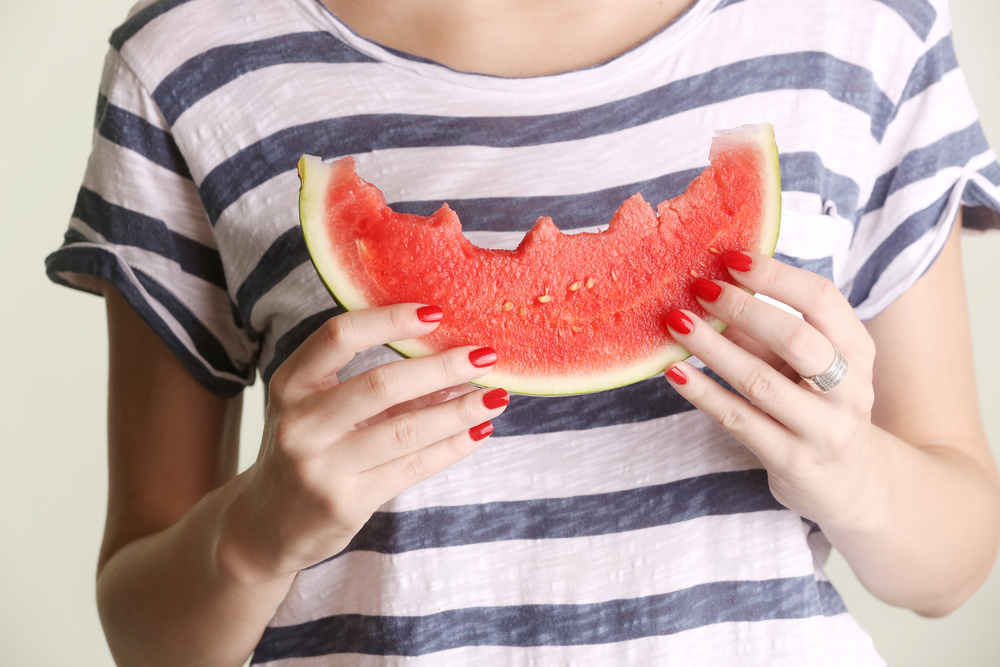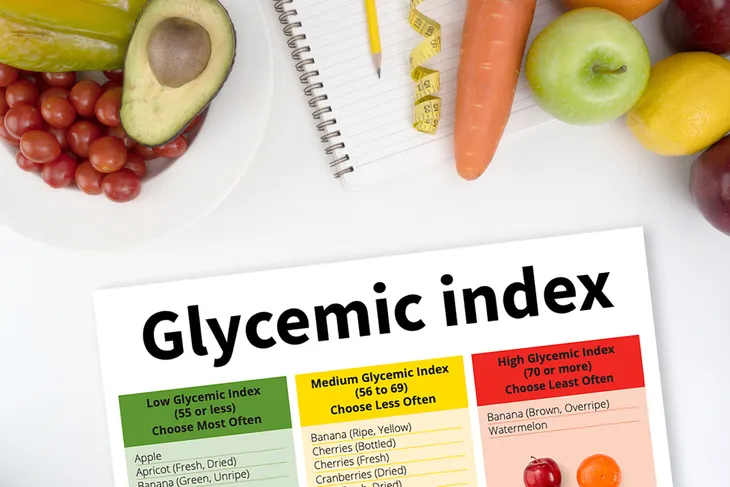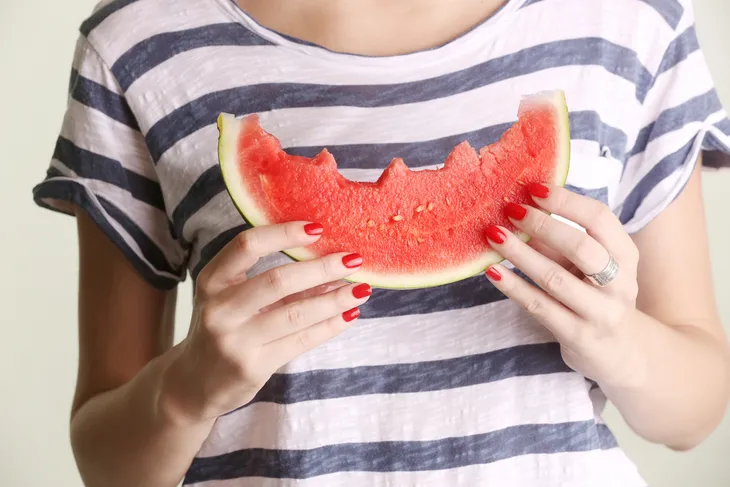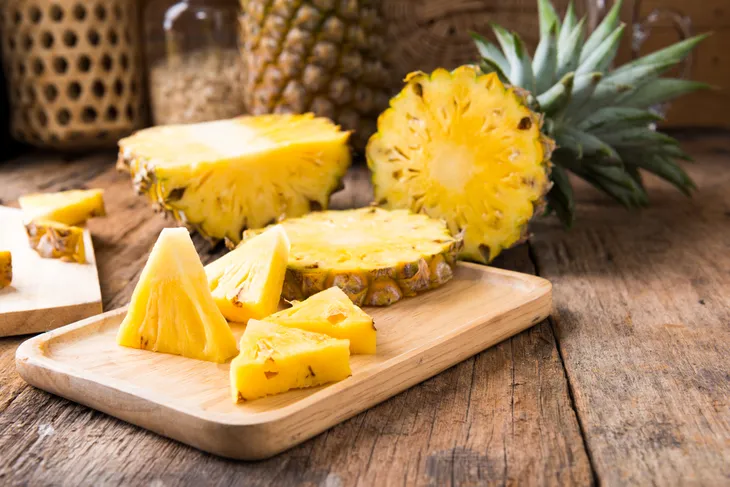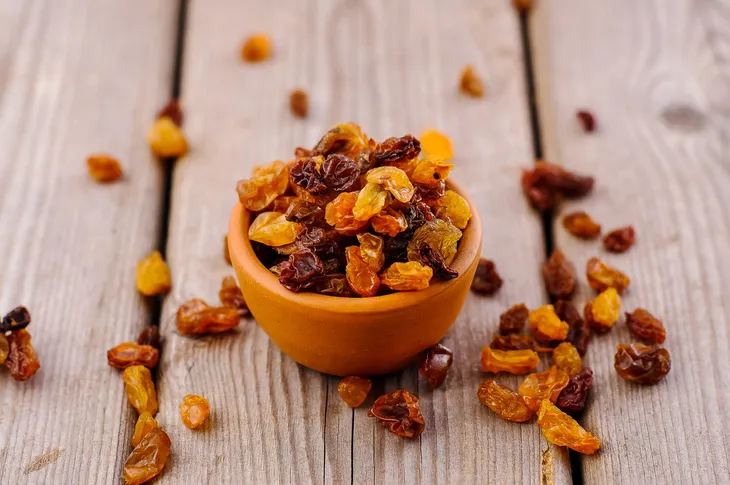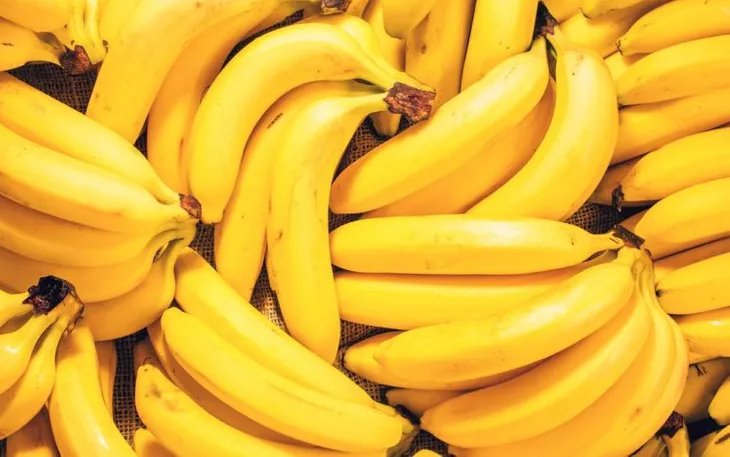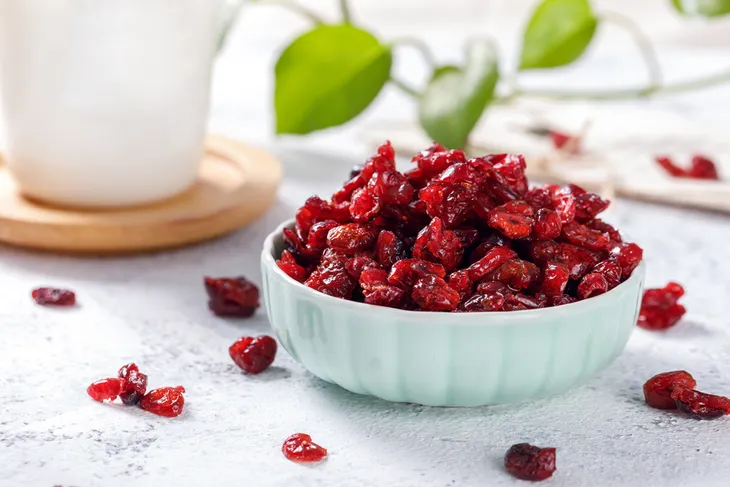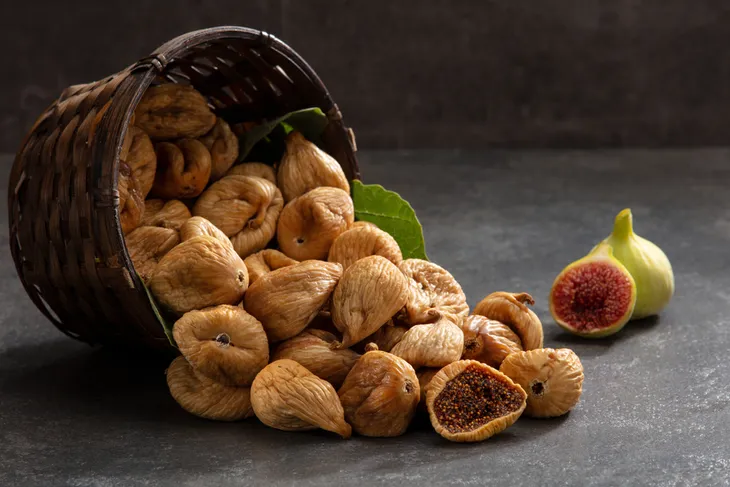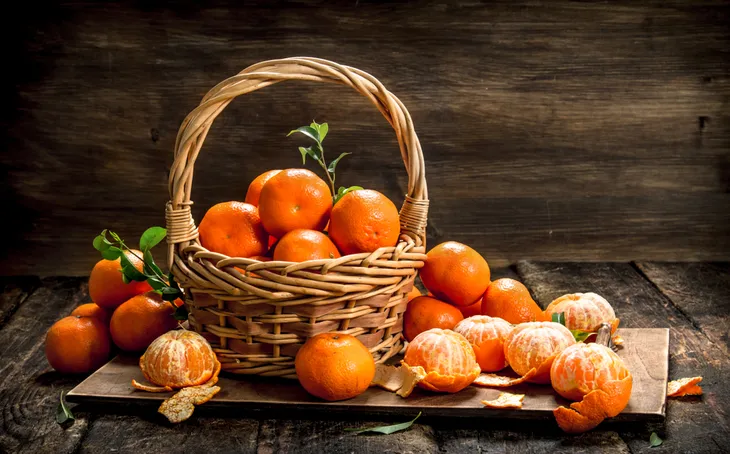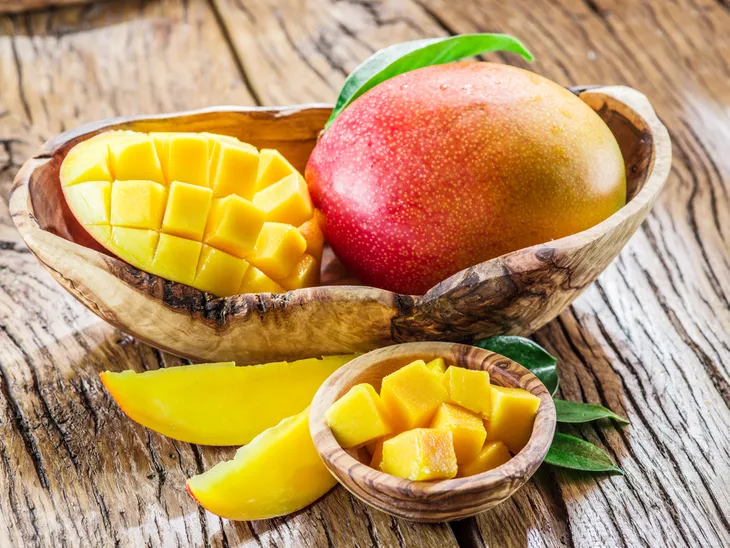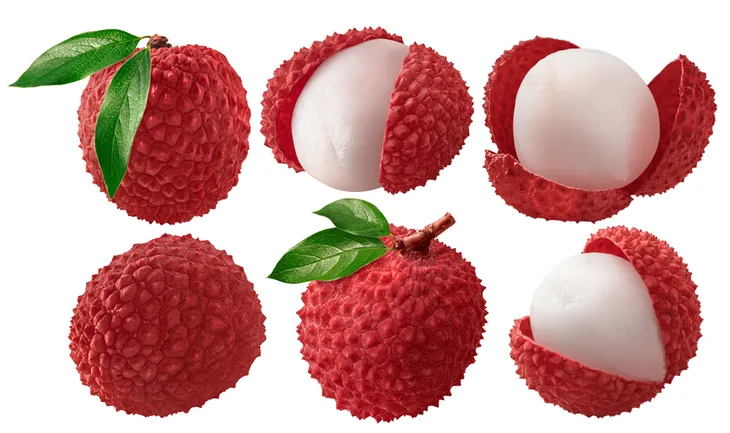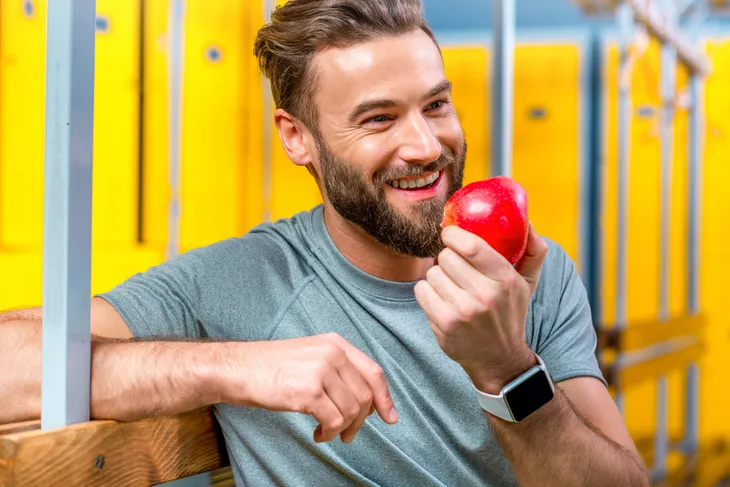Seasoned people with diabetes understand the importance of managing their blood sugar levels. It’s essential to keep your levels stable in order to prevent spikes and to prevent the medical complications of diabetes. The best way to manage your blood sugar levels is to understand which foods you can eat and which ones you are best avoiding.
Fruit is a healthy snack option and an essential part of a balanced diet but not all fruits are created equal. Some fruits contain more sugar and carbohydrates than others which can wreak havoc for people with diabetes. Let’s take a look at which fruits people with diabetes should avoid.
Breaking Down the Glycemic Index and Glycemic Load
Before we dive into the specific fruits people with diabetes may want to avoid, it’s important to first break down what the glycemic index (GI) and glycemic load (GL) mean. Especially since we’ll be referencing it a lot in this article.
The glycemic index “looks at how fast food sugar enters the bloodstream,” says Healthline. Food is given a value between 1 and 100. For example, white bread, cookies, and other baked treats are very high on the GI and should be avoided by people with diabetes.
GL on the other hand is “the combination of the GI and the actual carbohydrate content in a typical serving of food,” says the source. Some say the GL gives a more “real world” value to how a particular food affects blood sugar levels. Nonetheless, it’s important to understand what these terms mean and how they can help you manage your diabetes.
Most importantly, not all foods will have the same effect on people. GL can’t be used for every person with diabetes. However, it’s a useful tool for some. Speak with your doctors and dieticians for more accurate assessments.
Watermelon
Watermelon is renowned for its juicy, sweet flavor and is not only hydrating but chock full of nutrients from vitamin A and C to fiber and iron. But people with diabetes should be mindful of their consumption of watermelon.
This juicy fruit is high on the glycemic index, roughly 75 out of 100. That said it does have a low GL. Healthline says the GL is about 2 per 100-gram serving. Because of this, you don’t have to avoid watermelon altogether, but instead, eat it in moderation.
Pineapple
This delicious tropical snack is another fruit people with diabetes should be mindful of. Raw pineapple is considered a medium-GI fruit with a score of about 66 out of 100.
Certain factors can affect the GI such as its ripeness, preparation, and whether it’s raw or canned. Fruit juice and canned pineapple can contain added sugars which will make its GI score even higher.
If you have a craving for pineapple just be sure to enjoy it in moderation. Medical News Today says you can also “pair it with protein or healthful fat — such as from nuts, seeds, nut butter, or avocado — to limit the fruit’s effects on blood sugar levels.”
Raisins
Raisins make a great snack because they’re easy to bring with you on the go, however, if you’re diabetic, this snack may spike your blood sugar.
Mayo Clinic explains people with diabetes should limit each fruit serving to just 15-grams of carbohydrates and 1-cup of raisins contains a whopping 131-grams of carbs! If you must eat raisins, be sure to enjoy a small portion and better yet, you can enjoy them with a handful of almonds.
Ripe Bananas
According to Healthline, ripe bananas have a GI of 62 out of 100 and a GL of 16 per serving. This makes them moderate-GI food. They also contain simple carbs which are known to spike blood sugar levels and therefore should be either avoided or enjoyed in moderation.
It’s also important to point out that the GI score for bananas will vary depending on their ripeness. Essentially the riper the banana, the higher the GI score. This is because when fruits are unripe they contain more starches than sugars.
Sweetened Dried Cranberries
Raw cranberries are low in sugar but given their tart flavor most people either snack on the dried and sweetened variety or bake raw cranberries into pies, or other treats. This is why dried and sweetened cranberries (also known as craisins) are not a healthy choice for people with diabetes.
A 100-gram serving of dried cranberries contains 65-grams of sugar which is similar to candy. Instead of enjoying them by the handful, either avoid them entirely or enjoy them in moderation by sprinkling a small handful on top of salad or oatmeal.
Dried Figs
Figs can be a part of a healthy diet and they can be good for people with diabetes as they’re loaded with fiber. That said, it’s the dried variety that you’ll need to be cautious of.
Sugar becomes concentrated when the fruits are dried, making dried figs high in sugar. This can cause a temporary spike in blood sugar levels.
Tangerines
Citrus fruits are chock full of vitamin C and can be part of a healthy diet. But Taste of Home says people with diabetes should err on the side of caution with tangerines.
The source says 1-cup of tangerines contains 20-grams of sugar. You should also be mindful of canned tangerines as these can contain even more sugar.
Mangoes
Healthline says, “most of the calories in mango come from sugar, giving this fruit the potential to raise blood sugar levels — a particular concern for people with diabetes.”
That said, like most fruit on this list, mangoes can still be a part of a healthy diet for people with diabetes. Healthline says you can consider adding a protein source (such as a piece of cheese or a boiled egg) when eating mango. This may help lower the rise in blood sugar.
Lychees
Lychees aren’t the most popular fruit on this list but they are sweet and can be a delicious snack. But people with diabetes may want to avoid this fruit or at the very least eat them in moderation.
“Lychees are primarily composed of water and carbs, most of which are sugars,” says Healthline. That said, lychees have a score of about 50 out of 100 on the glycemic index, making them medium-GI food. So, if you really have a craving for lychees just be sure to track your carbs and sugar, and enjoy them in moderation.
The Sugar Myth
Let’s talk about the sugar myth. Even though many people believe that since fruit is high in sugar, people with diabetes should avoid them entirely. But that’s not exactly the case.
The sugar found in fruit is not “free” sugars. Medical News Today explains, “Free sugars are added sugars and those present in honey, syrups, nectars, and unsweetened fruit and vegetable juices.” Foods that contain high levels of free sugars that do spike blood sugar levels include baked goods, sugary drinks, chocolate, and more.
Sugar found in fruit is known as fructose which some studies show doesn’t have much of an effect on blood sugar compared to “free” sugars. That said, it’s still important for people with diabetes to track their food intake and enjoy some fruits (especially the ones on this list) in moderation.
The Benefits of Fruit
We want to emphasize that fruit can still be a part of a healthy diet even for people with diabetes. In fact, fruit is an essential part of a balanced diet along with vegetables, whole grains, and lean sources of protein.
Fruit can provide an excellent source of essential vitamins and minerals that your body needs to thrive. They also help ward off diseases like heart disease and cancer. So be sure to enjoy the fruits on this list in moderation. Don’t forget, there are also plenty of delicious fruits people with diabetes can have! Some fruits might cause increased blood sugar, but when consumed in moderation can still hold benefits of good vitamins and minerals.
